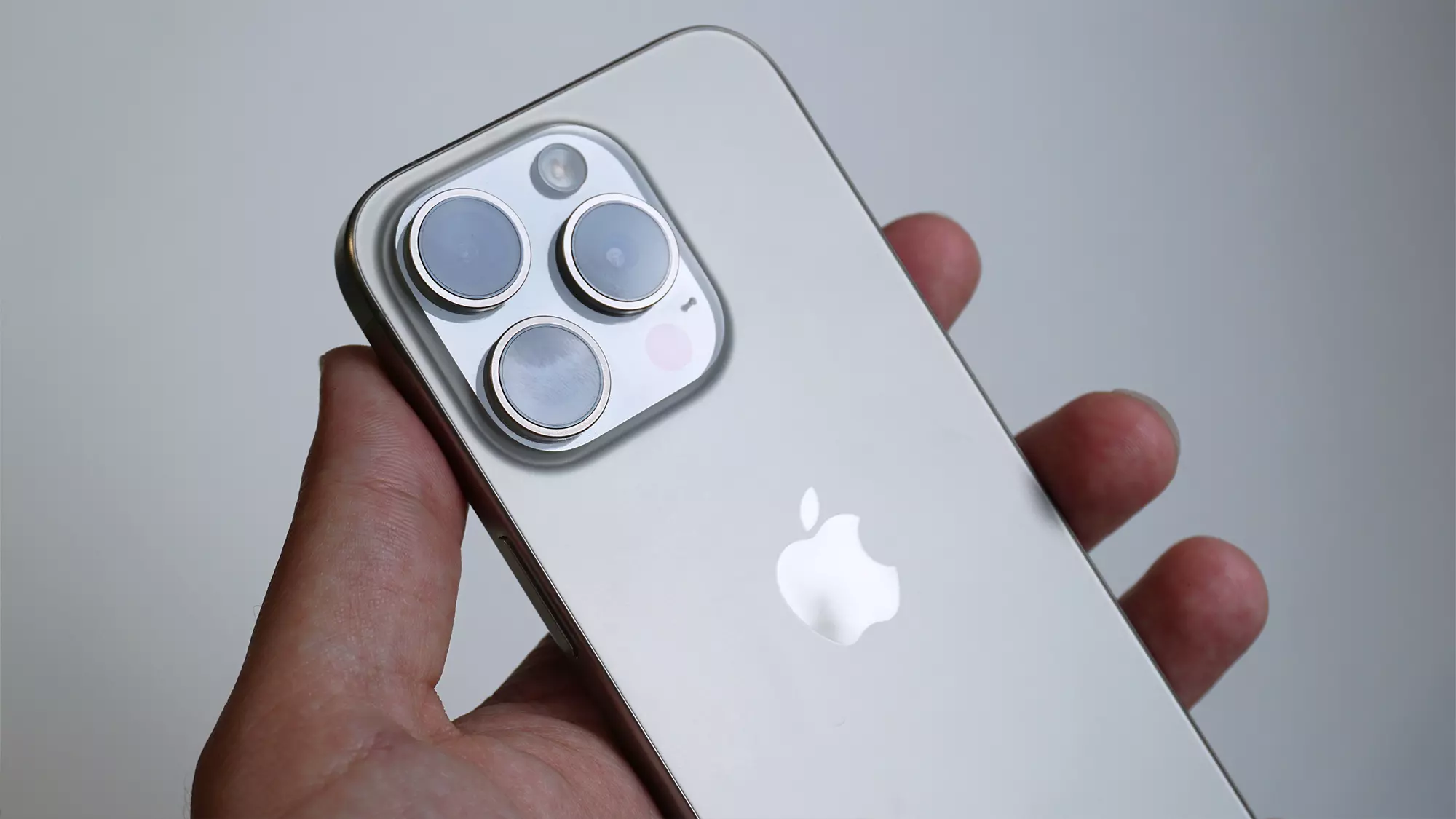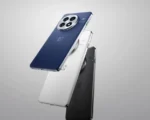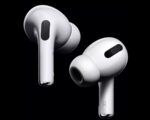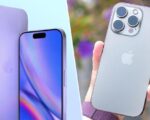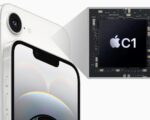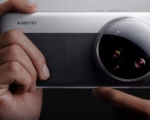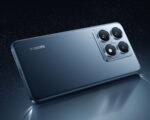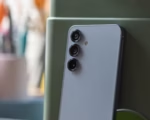Samsung Allegedly Forms Dedicated Team to Ensure Quality of CIS Sensors for iPhone 18
Apple May Source 48-Megapixel Ultra-Wide Camera Sensor from Samsung for iPhone 18
Apple is reportedly considering a shift in its camera sensor supplier for the upcoming iPhone 18 series, potentially turning to Samsung for its imaging needs. Currently, Sony is the primary supplier of CMOS image sensors (CIS) for Apple’s iPhones, but this could change with the release of the iPhone 18, which is speculated to launch around 2026. Alongside the iPhone 18, Apple is rumored to unveil a foldable iPhone, potentially featuring a clamshell design reminiscent of Samsung’s Galaxy Z Flip series.
iPhone 18 Camera Sensor Details
Industry analyst Ming-Chi Kuo from TF International Securities has indicated that Apple plans to use a 48-megapixel ultra-wide camera sensor from Samsung for the iPhone 18 series. This sensor is reportedly a 1/2.6-inch model, representing a significant upgrade from the current sensors used in previous iPhone models. Kuo’s insights suggest that this move would end Sony’s exclusive hold on supplying CIS sensors to Apple, introducing a new player into the mix.
Samsung’s Strategic Move
In response to Apple’s potential switch, Samsung is said to have formed a dedicated team specifically to manage the supply of camera sensors for the iPhone 18. This team is tasked with ensuring that the quality and availability of the CIS sensors meet Apple’s stringent requirements. The formation of this team highlights Samsung’s commitment to securing a substantial role in the high-end smartphone market and addressing Apple’s precise needs for its next-generation devices.
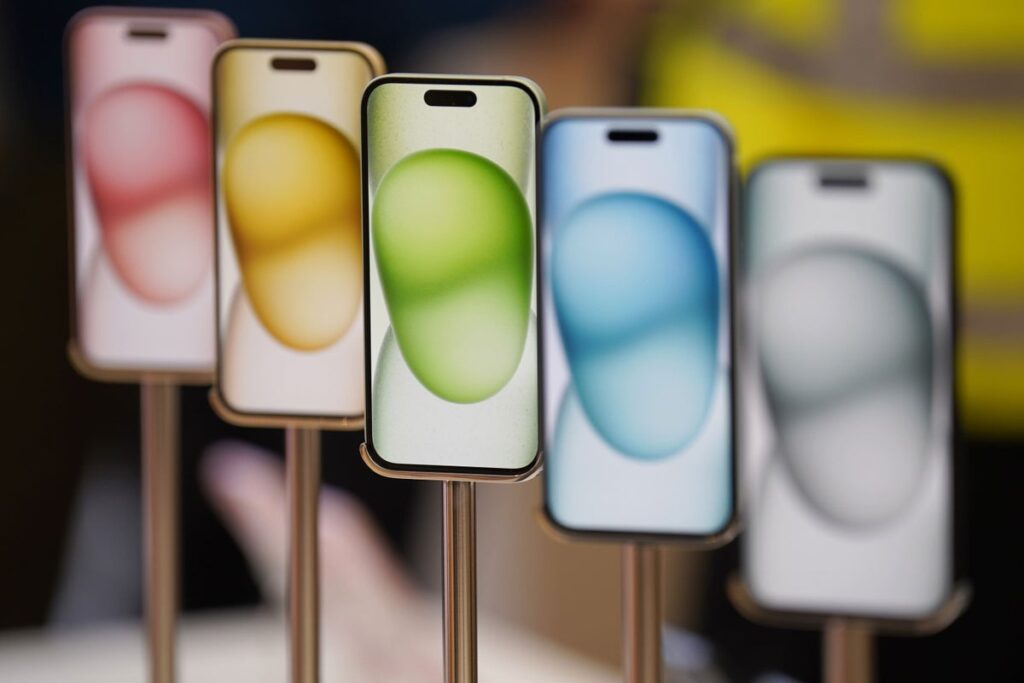
Potential Impact on iPhone Camera Technology
If the rumors prove accurate, the introduction of Samsung’s 48-megapixel ultra-wide sensor could bring significant improvements to the iPhone’s camera system. The new sensor is expected to offer enhanced image quality and wider field of view compared to its predecessors, potentially setting new standards for mobile photography. This development could also impact the competitive landscape, pushing other manufacturers to advance their camera technologies to keep pace with Apple.
Implications for Sony’s Position
Should Apple finalize the switch to Samsung for its ultra-wide camera sensors, it would represent a major shift in the market dynamics. Sony has been a dominant supplier of CIS sensors for Apple, and losing this key contract could affect its market share and influence in the smartphone camera sector. Sony may need to strategize to retain its position and respond to the evolving demands of major smartphone manufacturers.
Unconfirmed Changes to Other Sensors
While the focus is currently on the ultra-wide camera sensor, Kuo did not provide information on whether similar changes would affect the primary and telephoto sensors on the iPhone 18. Apple’s decision regarding these components will be closely watched, as they will also play a crucial role in the overall camera system performance. Any updates or changes to these sensors could further influence the capabilities and appeal of the iPhone 18.
Looking Ahead
As Apple prepares for the iPhone 18’s launch, the potential switch to Samsung for its ultra-wide camera sensor underscores the company’s ongoing efforts to innovate and enhance its product offerings. With a possible foldable iPhone on the horizon and significant changes to its camera technology, Apple is positioning itself to make a strong impact in the smartphone market. The coming months will likely reveal more details about these developments and their implications for both Apple and its competitors.


